He also stated in this statement that the EU is maintaining close communication with relevant departments of China and the Netherlands, looking forward to reaching a “lasting and stable” consensus framework to ensure the comprehensive recovery of semiconductor supply.
Meanwhile, according to Politico EU on November 8th local time, Dutch Prime Minister Dick Schoof revealed during his attendance at the 30th Conference of the Parties to the United Nations Framework Convention on Climate Change (COP30) in Brazil on November 7th that China has agreed to resume exporting key chips to the European automotive industry.
We have received notification from the Chinese side that they will allow Ansea Semiconductor to resume supplying chips from Chinese factories to the Netherlands. “He said in an interview with Bloomberg that the achievement of this solution is the result of cooperation between the Netherlands, Germany, and the European Commission, as well as recent Dutch foreign trade talks and the easing of trade tensions between China and the United States.
In fact, regarding the issue of the Dutch government forcibly occupying Chinese semiconductor companies and causing chip “supply cuts”, on November 1st, the Chinese Ministry of Commerce announced that as a responsible major country, China will comprehensively consider the actual situation of enterprises and exempt exports that meet the conditions. Welcome enterprises that encounter practical difficulties to contact the Chinese side in a timely manner.
Subsequently, there were reports that German automotive parts suppliers are urgently seeking exemption from China’s export restrictions on Ansei semiconductor chips and are gathering to submit relevant materials to the Chinese side. This includes Aumovio, an automotive parts supplier spun off from Continental Group in Germany.
On November 7th local time, the Financial Times revealed that after obtaining an export control exemption from China, the export of Anshi chips from China has resumed. The company’s clients include Volkswagen, Stellantis, and BMW Group.
In addition to Euromonitor, Japan’s second-largest automaker Honda has also reported progress in its supply. Honda’s executive vice president told Reuters that the company has received information that the Chinese side has started shipping. According to informed sources, Bosch Group in Germany has also begun to acquire Anshi chips from China. The company spokesperson declined to comment on this.
At present, Anshi Semiconductor produces semiconductor wafers at its factories in Germany and the UK, and then sends them to China for packaging and testing. About 80% of the final products are completed in China. In fact, this global chip supply crisis was completely triggered by the Dutch government.
Recently, the Dutch government invoked a law that has not been in effect since 1952 and suddenly ordered, citing so-called “national security” reasons, that Ansea Semiconductor must not make any adjustments involving assets, intellectual property, business, or personnel for one year starting from September 30th.
The Dutch government began taking relevant actions on September 30th, but it was not made public until October 12th. Just one day before the Dutch government took action, on September 29th local time, the US government issued penetration rules for export controls, adding equivalent export controls to Wentai Technology’s subsidiary, which is listed on the “Entity List” and holds more than 50% of the shares.
On October 14th, a public document released by a Dutch court also showed that the Netherlands and the United States had communicated and coordinated on the “penetration rule”. The United States requested the Netherlands to replace the Chinese CEO of Ansea Semiconductor and “adjust the governance structure” to avoid sanctions under the “penetration rule”.
On October 30th, the Chinese Ministry of Commerce answered questions from reporters regarding the joint arrangement of the China US Kuala Lumpur Economic and Trade Consultation, stating that the US will suspend the implementation of its 50% penetration rule for export controls announced on September 29th for one year, and China will suspend the implementation of relevant export control measures announced on October 9th for one year, and will study and refine specific plans.
After the United States pressed the pause button on the “50% penetration rule”, the Netherlands, which had previously followed in the footsteps of the US to seize the position of Ansea Semiconductor, was in a rather awkward situation.
Sebastian Conting Trillo Figueroa, a geopolitical analyst at the University of Hong Kong and a member of the Asia Global Studies Institute, bluntly stated, “The Hague’s previous actions seemed necessary, but Trump’s words made this so-called ‘necessity’ no longer exist
The Netherlands is facing multiple complex challenges of legal consistency, political credibility, and industrial survival, “he added.
The US media has noticed that the Dutch government, which has been playing tricks on the Ansea semiconductor incident, has recently softened its tone. On November 6th local time, Vincent Karremans, the Dutch Minister of Economic Affairs who caused a major disaster, changed his statement and said that the Netherlands “welcomes the news that China allows Anshi China factories to resume supply”.
He stated in a statement that the Netherlands has received notification from both China and the United States that the economic and trade agreement reached last week will allow Ansea Semiconductor’s Chinese factory to resume shipments. He stated that this is consistent with the information provided by China to the European Commission. He believes that in the coming days, the company’s chips will be delivered to customers in Europe, America, and around the world.
However, the Dutch government is still distorting black and white, putting on a robber’s logical face. Bloomberg reported on November 7th local time, citing informed sources, that the Netherlands is preparing to suspend its seizure of control of Anse, but only if it demands that China resume key chip exports. Insiders have revealed that if China agrees to resume exports of key chips, the Dutch government will be prepared to shelve the ministerial order previously granted to it to block or change major corporate decision-making power at Anse.
According to the website of the Ministry of Commerce on November 8th, the spokesperson of the Ministry of Commerce stated in response to a reporter’s question about Anshi Semiconductor that China has taken note of the statement made by Dutch Economic Minister Karemans on November 6th, but has not yet seen any actual actions from the Dutch side to stop infringing on the legitimate rights and interests of Chinese enterprises and restore global semiconductor supply chain stability. In line with its responsible attitude towards the stability and security of the global semiconductor supply chain, China announced on November 1st that it would exempt relevant exports that meet the conditions, and the source and responsibility for the current chaos in the global semiconductor supply chain lies with the Netherlands.
The Chinese side hopes that the Dutch side’s statement cannot just stay in words, but should put forward constructive plans and take practical actions as soon as possible, quickly and effectively restore the stability of the global semiconductor supply chain from the source, stop using administrative means to intervene and interfere in internal affairs of enterprises, and promote the early resolution of the Anshi semiconductor issue. The Chinese side agrees to the request of the Dutch Ministry of Economic Affairs to send representatives to China for consultations.
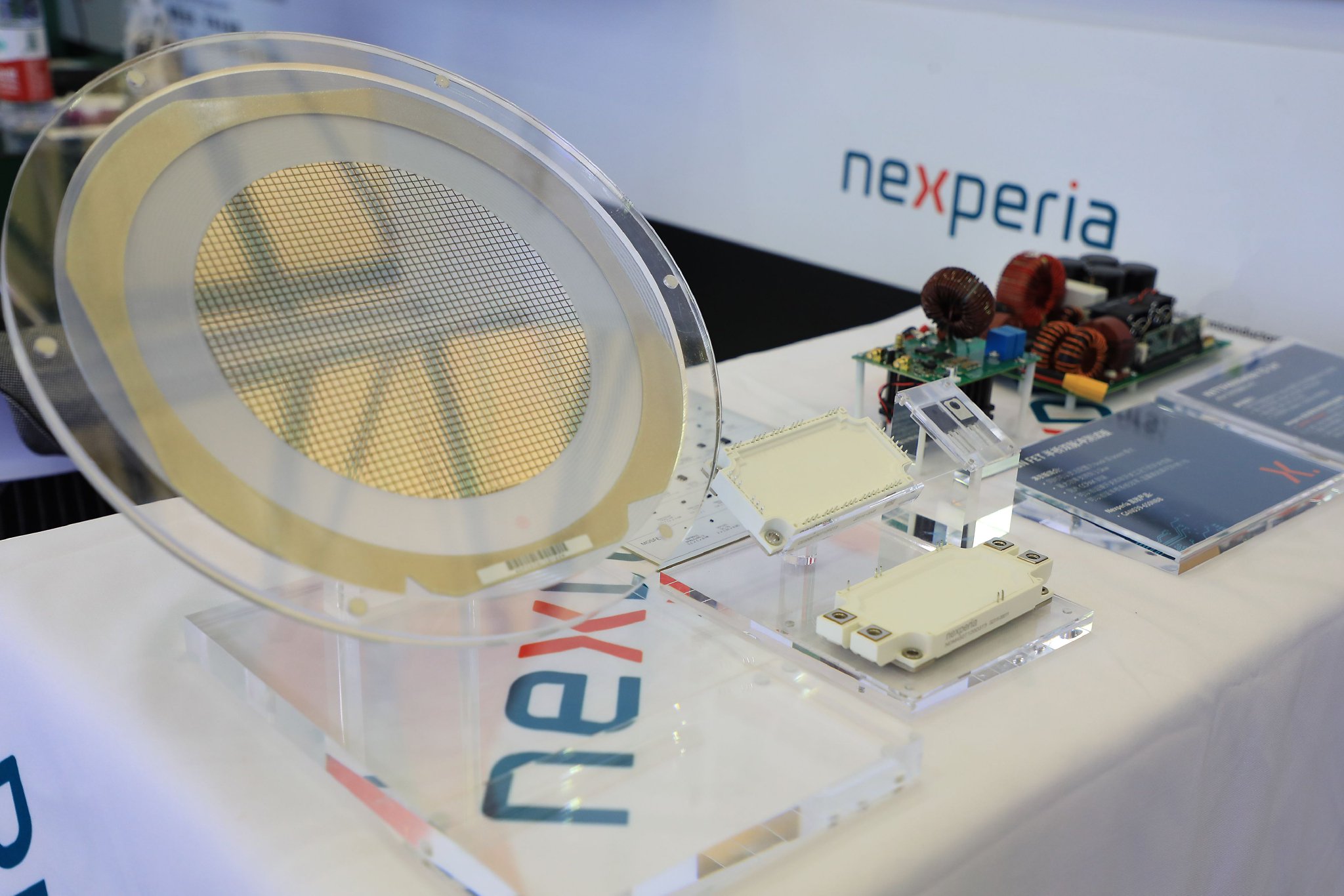


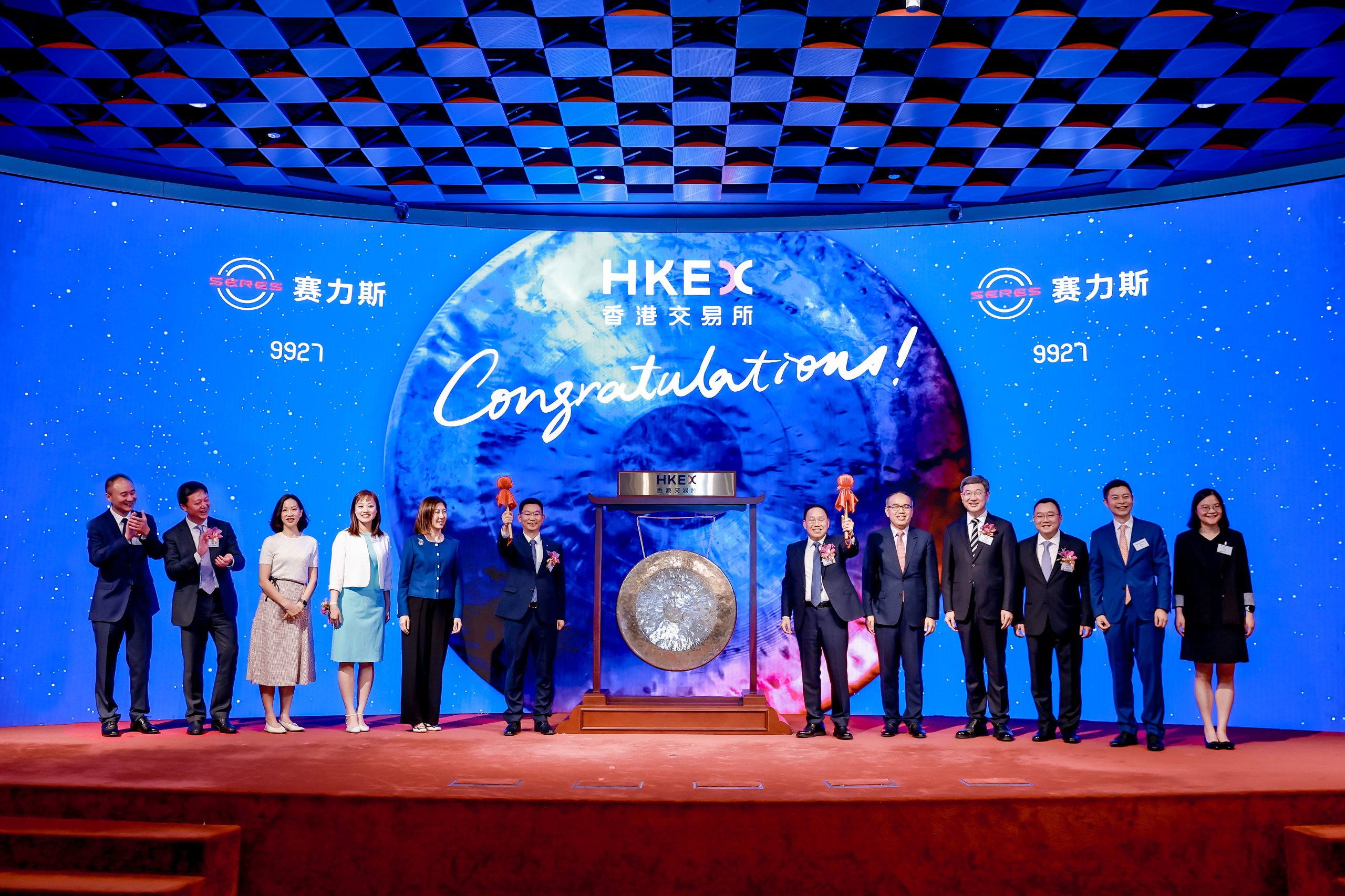
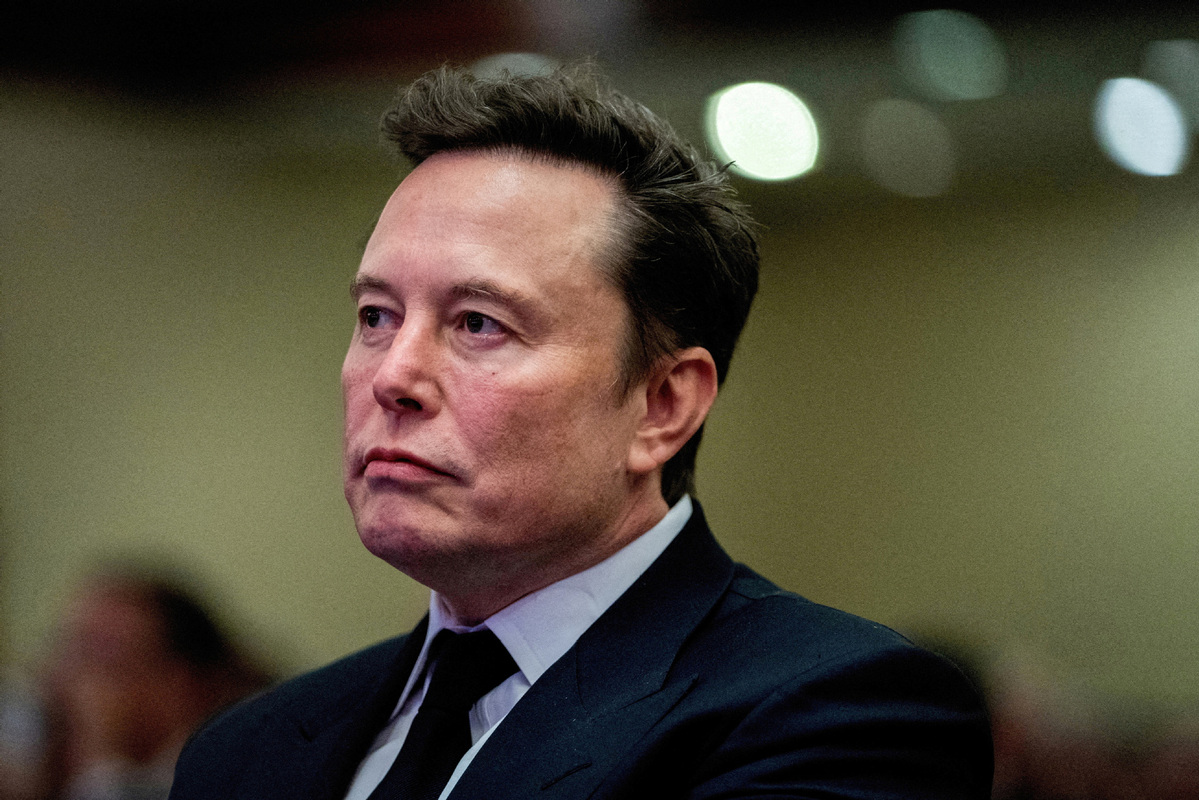



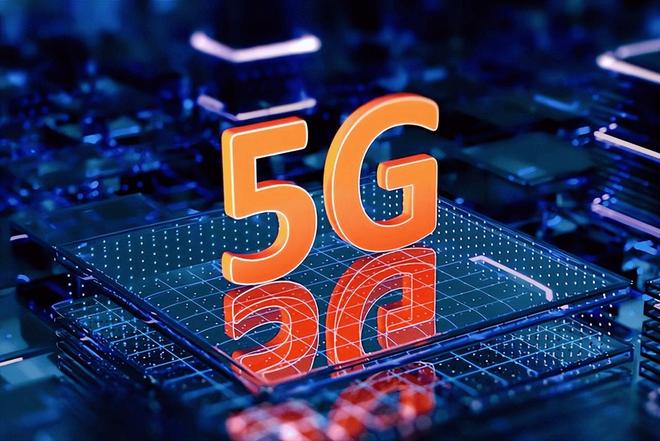
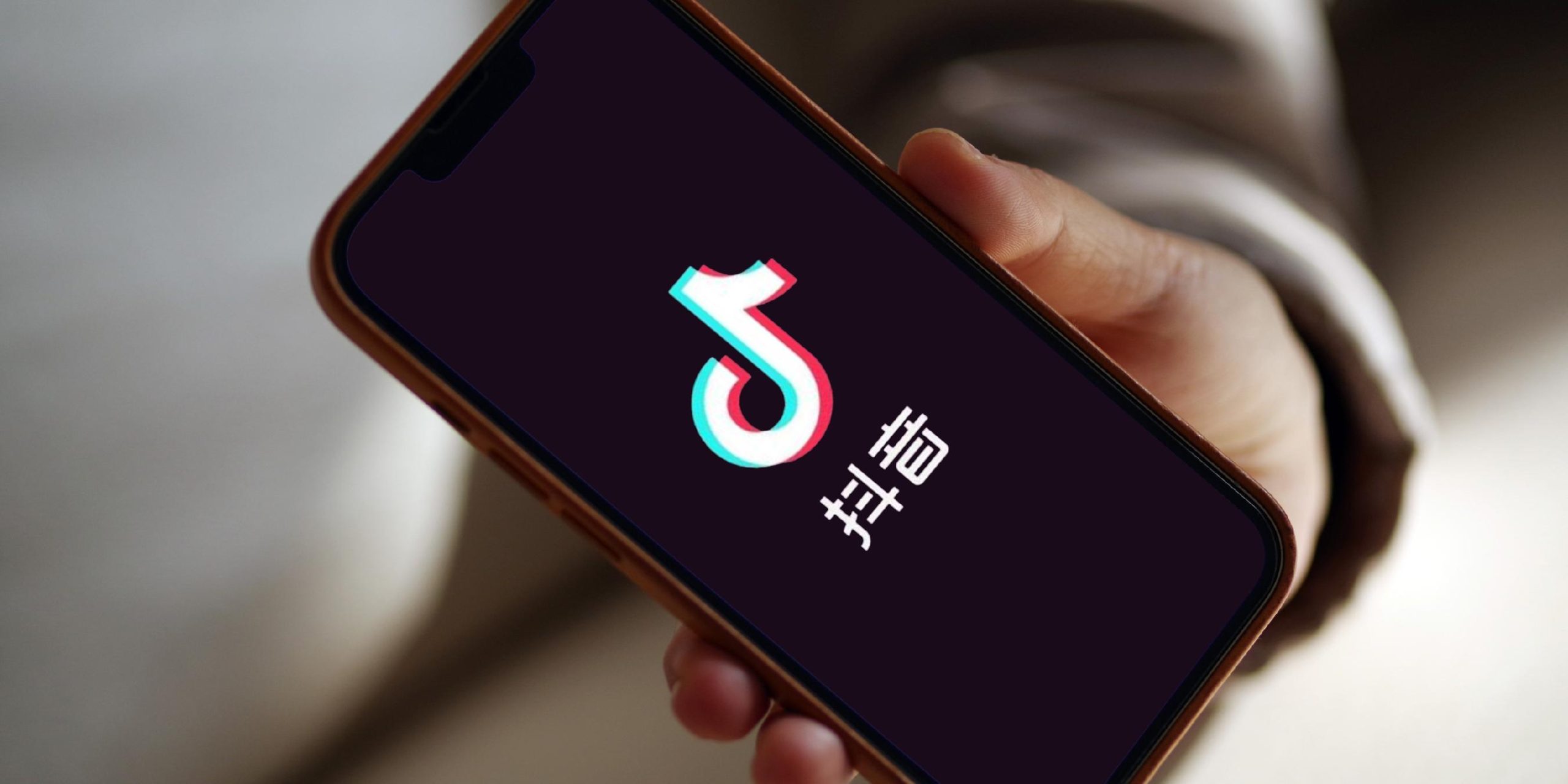


暂无评论内容